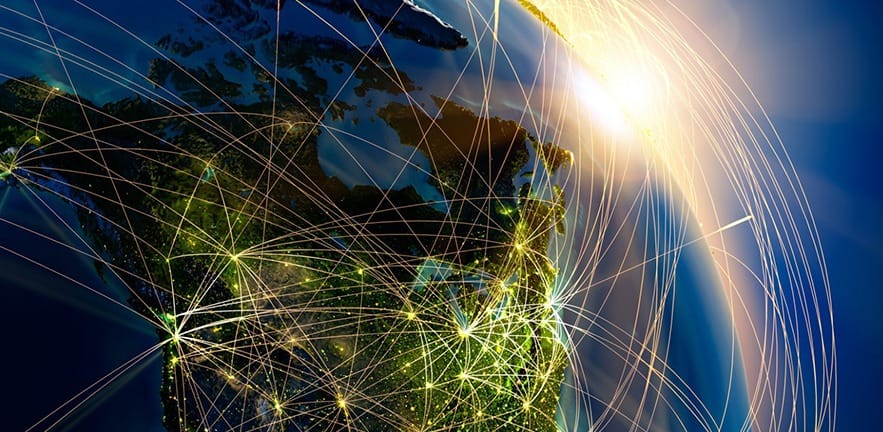The risk of major shocks to the global economy is increasing. The potential loss to the world’s economic output is estimated at $1.17 trillion in 2017 and rising in the following 2 years, according to a new report released on Monday 5 December by the Cambridge Centre for Risk Studies at Cambridge Judge Business School.
The report launches the Centre’s new index, the Cambridge Global Risk Index, which analyses the exposure to shocks of the global economy against a calculated baseline and provides an overview of risk for the world’s economy for the next 10 years.

“The Cambridge Global Risk Index provides the first objective, evidence-based quantitative analysis of future world economic shocks”, says Professor Daniel Ralph, Academic Director of the Cambridge Centre for Risk Studies “We have made this information available for use by business managers, policy makers and financial risk decision-makers, and those interested in future risk economic trends.”
The Global Risk Index is a measure (GDP@Risk) of how economic production for 300 leading world cities could suffer from any of 22 threats in 5 broad categories. The Centre identified these threats as the most significant risks to the global economy through an extensive study of shocks to society and the economy over the past 1000 years. The analysis includes scenarios of exceptional events that could result in losses of more than one trillion dollars.
The index is structured to help with the cost benefit justification of improving resilience. The Centre also believes that financial services companies providing risk capital can incorporate this type of analysis into their own techniques and country threat assessments.
Some risks included in the analysis are not incorporated in conventional risk management products and standard perils covered in traditional insurance. Better understanding of these risks may provide opportunities for insurers to create new product offerings and address new markets.
Periodic crises have always punctuated economic growth. The next decade will certainly see crises and catastrophes of these kinds afflicting these 300 cities. The Cambridge Global Risk Index provides guidance where future disruptions to revenues and economic activity are most likely. It is also sufficiently robust/flexible/resilient that it can handle events and outcomes, which are unexpected in terms of likelihood or probability.
Risk factors
Many factors are driving the projected rise in losses in the next 10 years. Among them:
- the world’s economy is growing so there is more value at risk
- emerging economies have proportionally greater risk
- geopolitical risks are increasing
- technology risks are proliferating; cyber risks and solar storms are the greatest threats
- climatic change is likely responsible for greater windstorm and flood risk
- trading networks are more interconnected
How bad could it get? Identifying trillion dollar scenarios
The Cambridge Global Risk Index identifies scenarios of possible but improbable events that could cause more than one trillion dollars in losses. This is the point at which losses are likely to move stock markets, resulting in wider systemic effects. These can be events which impact regions of multiple cities, with wide ranging effects on trade and international business, or cascading events, where one shock triggers escalating consequences, or both.
Among the most severe scenarios are:
- Korean Peninsula war
- Tokyo M8.3 earthquake and tsunami
- successful cyber attack on critical infrastructure
- Asian rice disease epidemic
- world solar storm
(The full list is displayed in the report.)
Professor Daniel Ralph says:
“The Cambridge Centre for Risk Studies has laid down quantitative measures of risks emerging from connectedness and global operations. This is key to putting a value on resilience. The quantitative thinking embodied in the Cambridge Global Risk Index will become an essential component of the globalisation discussion.”


